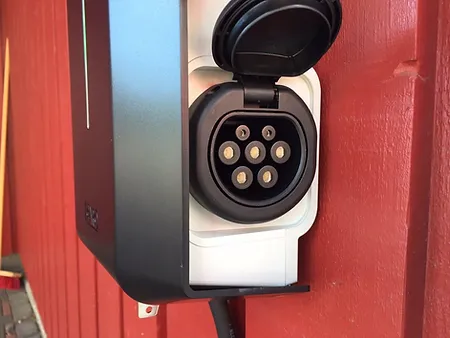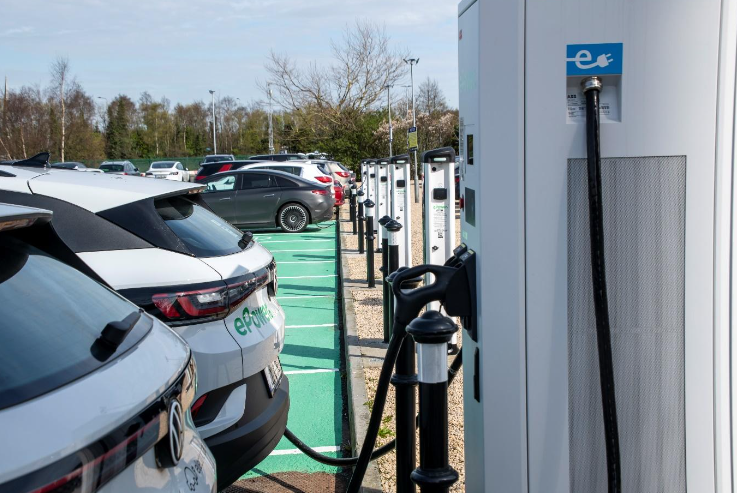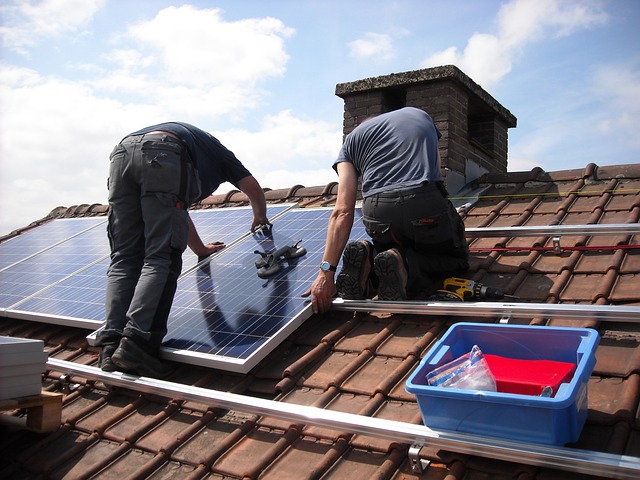
Rapid EV chargers are an indisputably optimal response to the challenge of reducing the time it takes you to recharge your electric vehicle, especially while travelling.
However, while every EV owner will appreciate the reduced charging time, the question of whether this quick-service takes a toll on your EV battery is indispensable.
We have answers to this question for you in this article, as well as a few keynotes on the nature of rapid EV chargers and the current advances in rapid EV charging technology.
What are Rapid EV Chargers?
A rapid EV charger does what it says on the tin; it charges your electric vehicle faster than the standard slow and fast EV chargers, delivering up to 80% charge in minutes.
You’ll find rapid EV charging stations at strategic locations such as major road exits and motorway services, but not in homes, as installing one in your house would cost you an arm and a leg.
How Fast Are Rapid EV Chargers?
The slow and fast EV chargers we’ve had for a while deliver charge at 3-6kW (8-12 hours) and 7-22kW (6 and 2 hours) respectively.
Rapid EV chargers have incredibly high speeds, between 40kW and 350kW for ultra-rapid chargers, which translates to minutes of EV charging.
Think of the ESB’s High Power Charge Points unveiled in 2020, which can pump out 150kW of power and charge your EV for a 100km drive in six minutes! You’ll find the EV charging facility on the M7 motorway at Junction 14 service station, Mayfield.
And rapid charging keeps getting better. Soon, you could be sidelining ESB’s 150kW chargers to swiftly add 100km to your EV in 3 minutes at a Terra 360 station in Dublin or other cities of Ireland.
The 360kW super-rapid charging station has just been launched by the Swiss Multinational ABB and will be operating in Europe by the end of the year.
Does a Rapid EV Charger Spoil My Battery?
Because of the high current that’s pressed into your battery in a short time, rapid charging can strain your battery and cause it to degrade faster, especially when used consistently.
According to Kia motors, even though you may not notice it, constant rapid EV charging will reduce your EV battery life by 10% compared to 8 years of standard charging.
An analysis of 6,300 electric vehicles by GEOTAB also found that Direct Current Fast Charger (DCFC) degrades your battery from the electrical current strain.
However, you should not be preoccupied about your EV battery life going down considerably overnight as that won’t happen. Besides, newer EVs have superior battery packs, and losing a bit of battery capacity isn’t going to affect your daily EV ride.
The only precaution from EV manufacturers is that you should not use rapid DC chargers as your primary charging mode. Instead, you should limit it to those times when you need to top up your battery while travelling.
At ePower, we provide expert advice about EV chargers. So, if you are unsure about using rapid charging for your EV, don’t hesitate to contact us for professional advice or any of your EV charging products.




